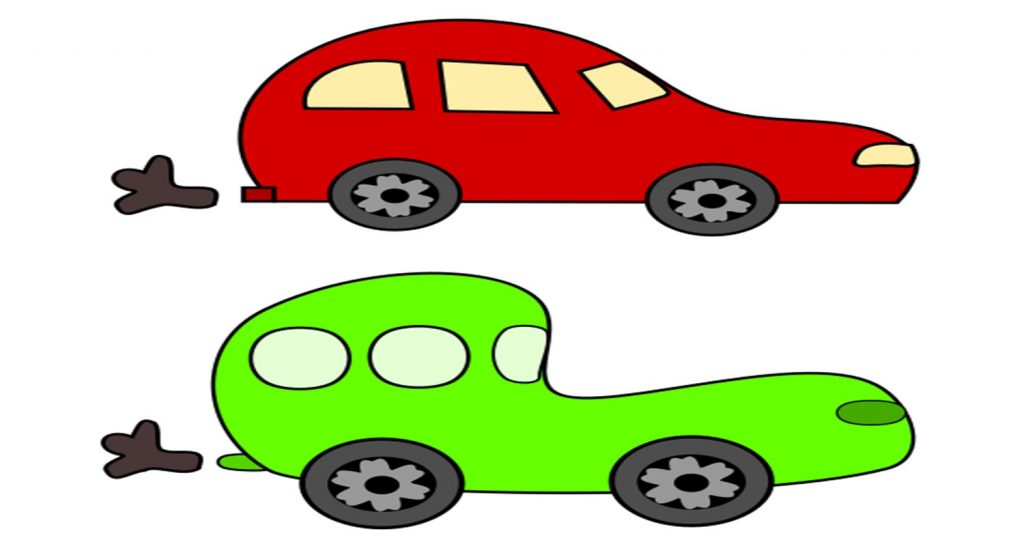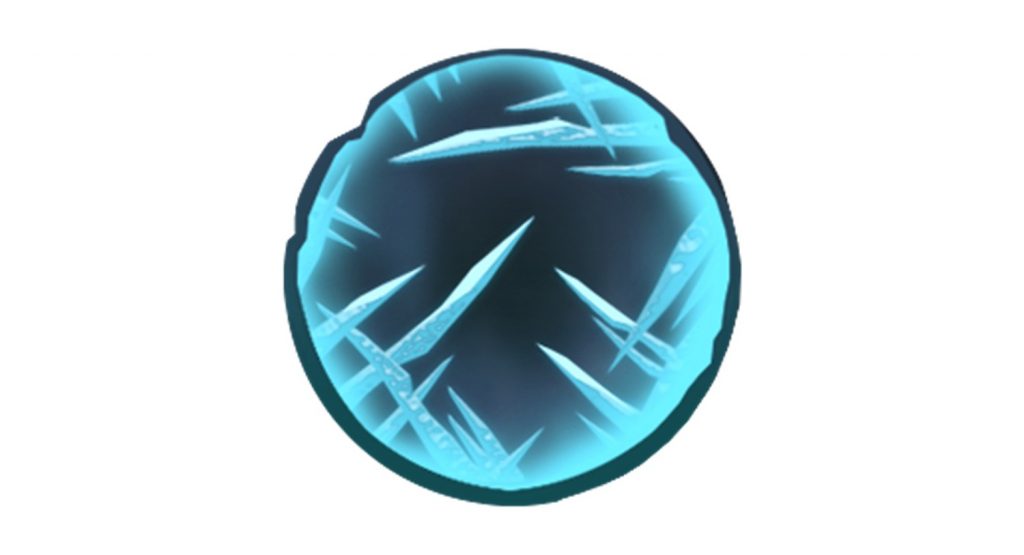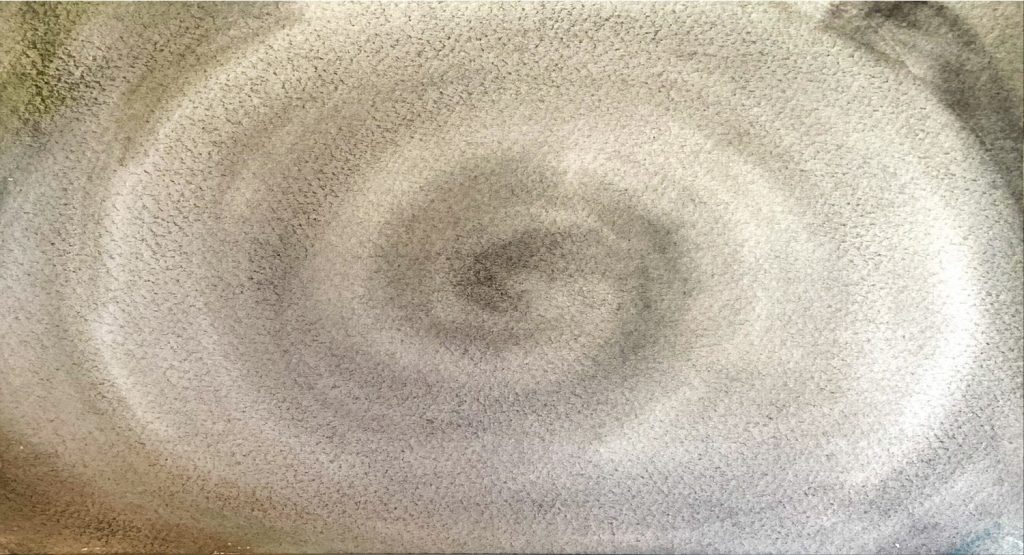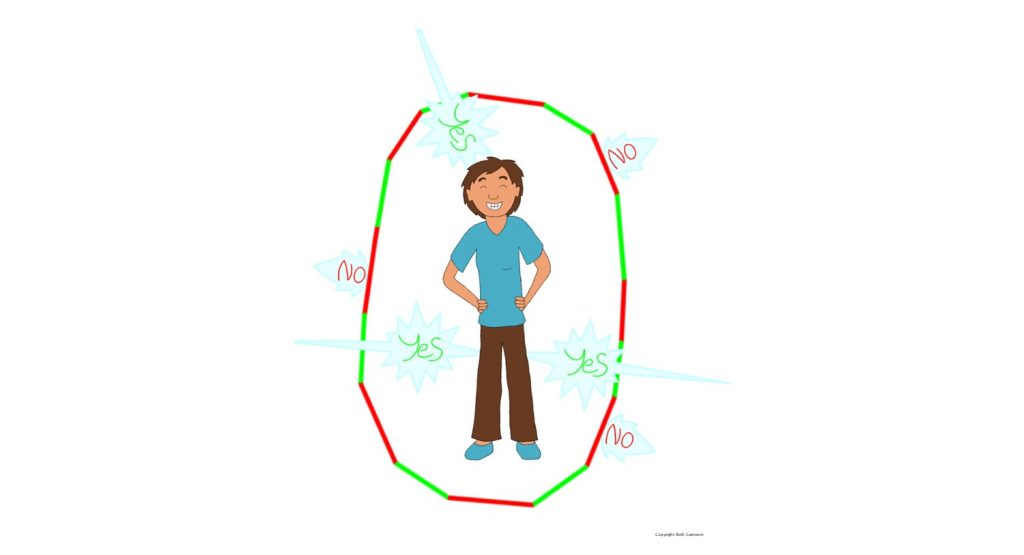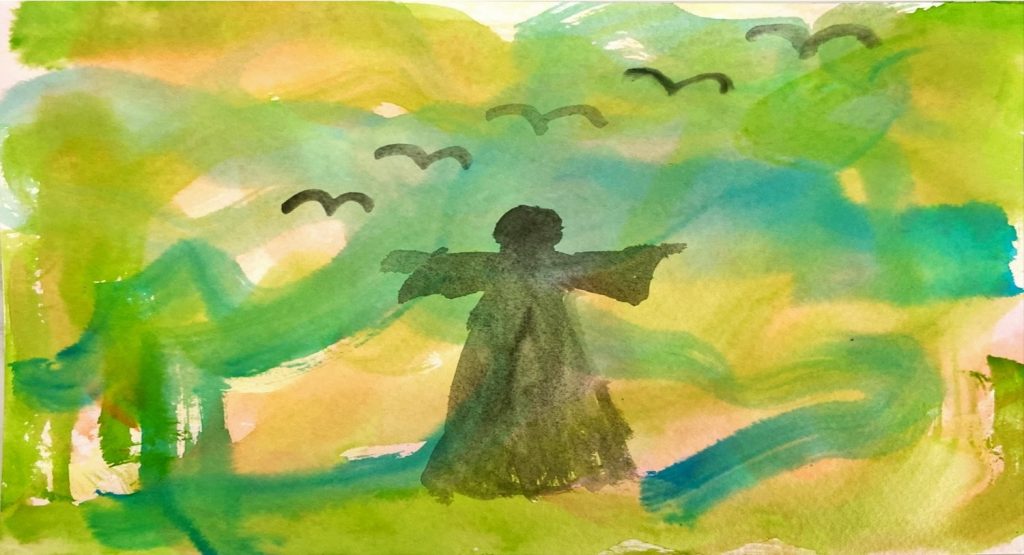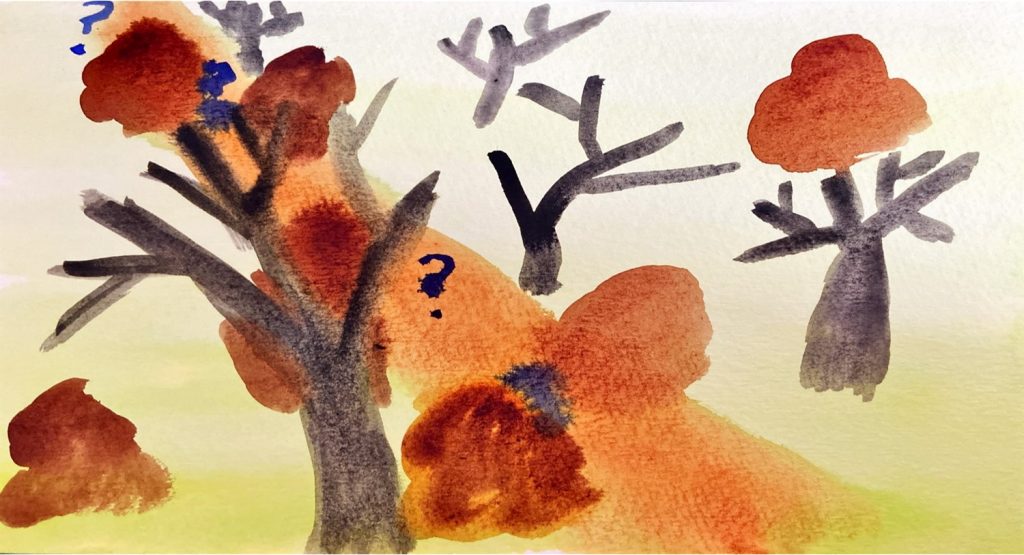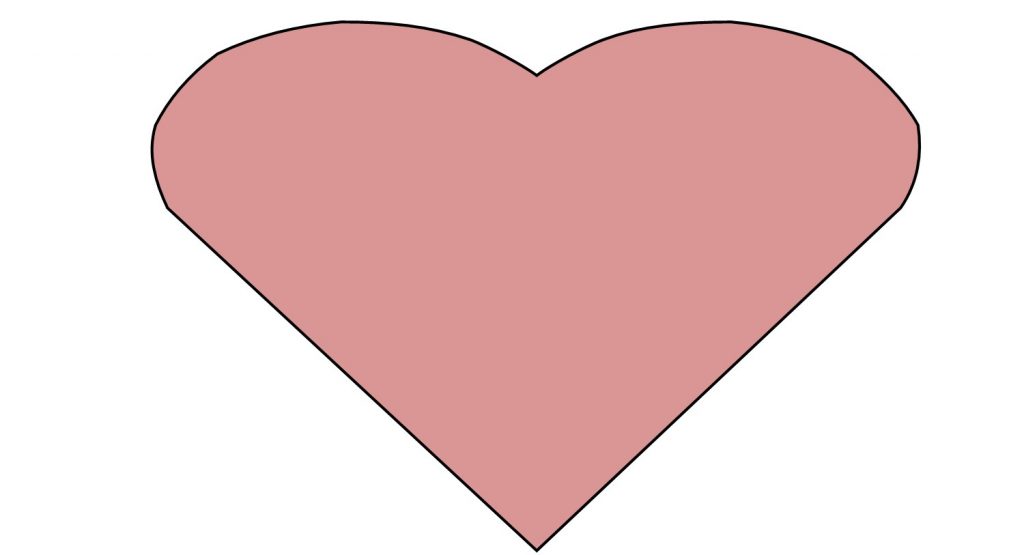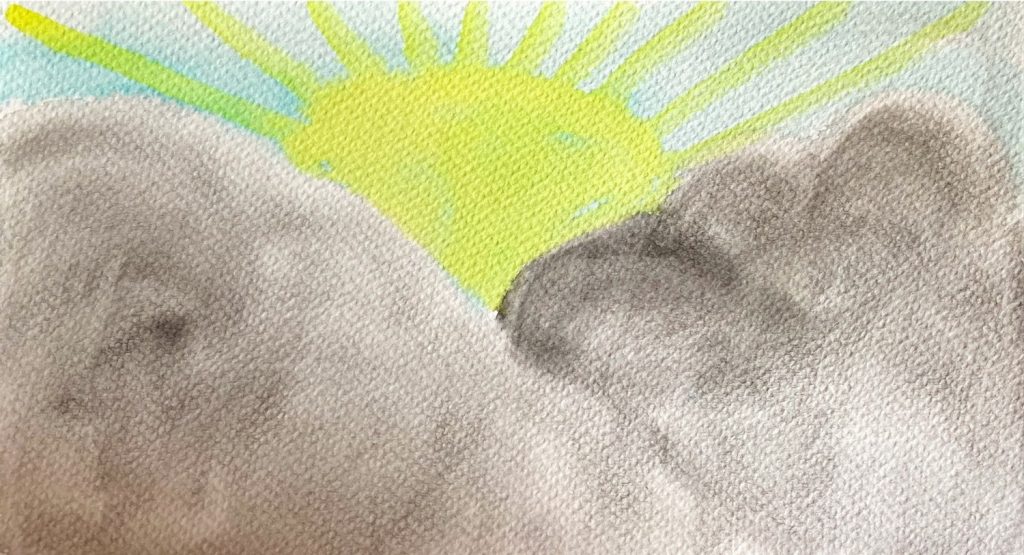
Before you lost someone you loved, what did you believe about grief?
Did you believe that you got over it?
So now you have lost someone you love.
Do you still believe you can get over it?
Do you believe you are living in the past when you remember the one you loved?
Do you believe you are developing some terrible “grief disorder” because you don’t feel like moving on with life?
About 8 years ago one of the major manuals that lists mental health disorders, the DSM, released a new update, Number 5. In this update it listed grief as a mental health disorder. At the time there was widespread criticism of this pathologising of a totally natural life event. One thing it did was give people no time to get over their feelings of grief.
Sadly, I notice that its narrow view on the time span of grief is being adopted by many practitioners including your local family doctor.
So what are the current lies about grief?
1. You should be able to just bounce back.
Really? You deeply love someone. They have become part of your life, a part of you. Your brain has developed neural connections to that person. Then they are gone. Part of you has died. Those neural connections are still searching for that person.
Other people can’t see the damaged parts. But they are still there. You are different. You don’t fit the “old you” mould. You are now a different person with the bit your loved one occupied missing.
A neuroscientist will tell you that your brain has to rebuild the neural networks that connected you to the one you loved. That physically hurts and it throws your brain into confusion. And that brings me to the next lie.
2. You should be able to just slip back into your old life and routines.
Really? Your brain is working hard breaking down old neural pathways and developing new ones. This throws you into confusion as all the neural pathways that connected to the one you love’s special pathway have to sever their connections too.
You have changed. You are different. Your brain is in total confusion. You may even have lost the purpose you once had in life. You may have lost the reason you get out of bed in the morning.
But you are still expected to front up to work. You are still expected to celebrate all those events in life that you once felt happy about, friend’s happy events, the Christmases, the New Years. The list goes on. But be a good person and be happy for everyone else.
You will be expected to accept that when you cook dinner, you may cook a smaller dinner. When you wash your clothes, the washing machine may be less full. When you go shopping, you mayneed to buy less and even not buy things that only your loved one used. You may see something in a shop your loved one would have loved and then remember they are not here anymore for you to give it to them. And you will be expected to accept that.
People will expect you to make them feel comfortable, so no unexpected tears.
You will experience pressure to carry on as if nothing has happened and you will think you are wrong because everyone is telling you to do this.
3. You should be over it by now.
Should you? Do you have to get over it? Do you want to get over it?
Never forget that you are the only person who has the right to tell you what you should be thinking.
I understand that it is not pleasant to feel so miserable. I get that sometimes you may cling to what someone is telling you about getting over it already, because you are so tired of feeling miserable.
You will never really get over it. That part of you that was occupied by the one you love will always hurt. Maybe you will not cry as often as you have, but that loss of that loved one will always be there.
4. You should stop thinking about, talking about, reminiscing about your loved one.
Ever noticed how uncomfortable people are about talking about those who have died?
Ever noticed how this becomes a taboo subject?
Many people draw great comfort from talking about their love one, particularly in the early days, weeks, months, years of losing them. Just as we will reminisce with friends and family about stories from our earlier years, so we will reminisce about those who are no longer with us.
Talking about someone also honours them. I loved it when my grandmother talked about her brother who died in World War 1. It made him alive and I liked that. Our connections to the past are important.
What I find curious is that reminiscing about a funny event from childhood is considered normal, but reminiscing about something done with the one you love is treated like living in the past and terribly unhealthy.
I wonder at the discomfort of those who try to shut you down at times like this. What are they so frightened of?
5. You have to stop this grief nonsense and move on with your life.
Why?
This statement is often accompanied by some comment about how much your pain is hurting others and should be stopped immediately. This just heaps guilt on to you, because suddenly you are being made accountable for the feelings of others. Their feelings are not your concern. Your feelings are.
Don’t allow yourself to be rushed. It is not unusual to need to just sit in the remains of your old life and spend time there. Some day, you will build a new life. It won’t look like the old life, but it will be your life.
6. I could have stopped this/prevented this.
This one is a goodie. It goes well with its partner “should have”. I should have seen this coming. I should have told him not to go there. I should have checked she had her bike helmet on before she went out. I should have gone too.
As if you have that much control over other people and what happens to them.
Time to let go of the idea that you have control over your life and accept that there is much of life that is uncertain. Then give yourself the time to grieve.
Right now you don’t trust life very much. It wasn’t so reliable as you thought it was. Now you add that to the list of things you need to process on this grief journey.
7. Time will heal the pain.
This is a good one. As time passes you will begin to feel more in control, able to feel happy, able to laugh. That much is true. But time will not heal the pain. You will always hurt over the loss of your loved one.
Your life has been forever changed.
Maybe in ten years you will remember something you and your loved one did. At that moment you will maybe shed a tear or two. You may feel an incredible sadness. You may feel a deep love for them. You may even laugh at the humour of that moment. This doesn’t mean the pain is healed. It just means you have been able to build a life that includes that pain in it.
I saw a lovely quote once by a man called John Green. He said “Grief does not change you … It reveals you.”
I love that quote. With the grief I have experienced I can see that quote expresses it so well. I have become the person I am today because of the ones I loved who are no longer here. I know that I could not have become that person I am today if those I have lost in the past were still here. I have allowed grief to guide me and allow me to be the person I am today. And I have those I have lost in the past to thank for that. This is their legacy.

